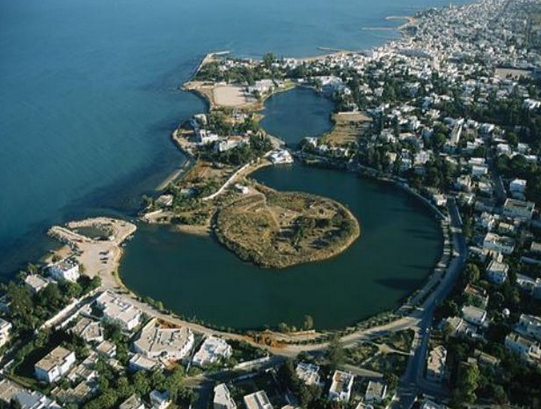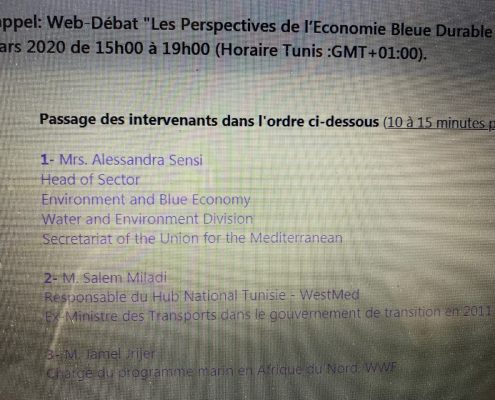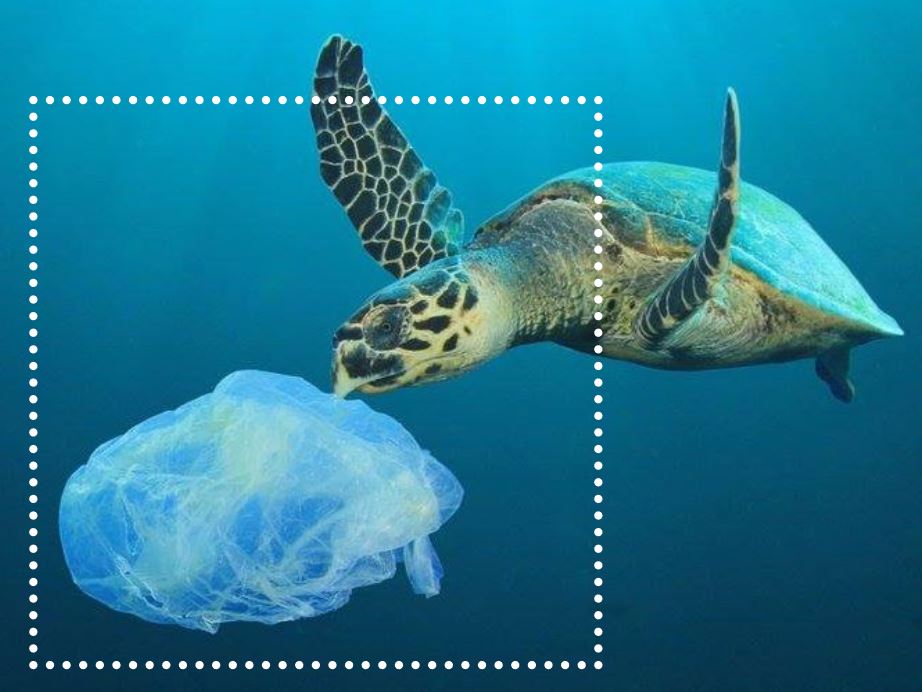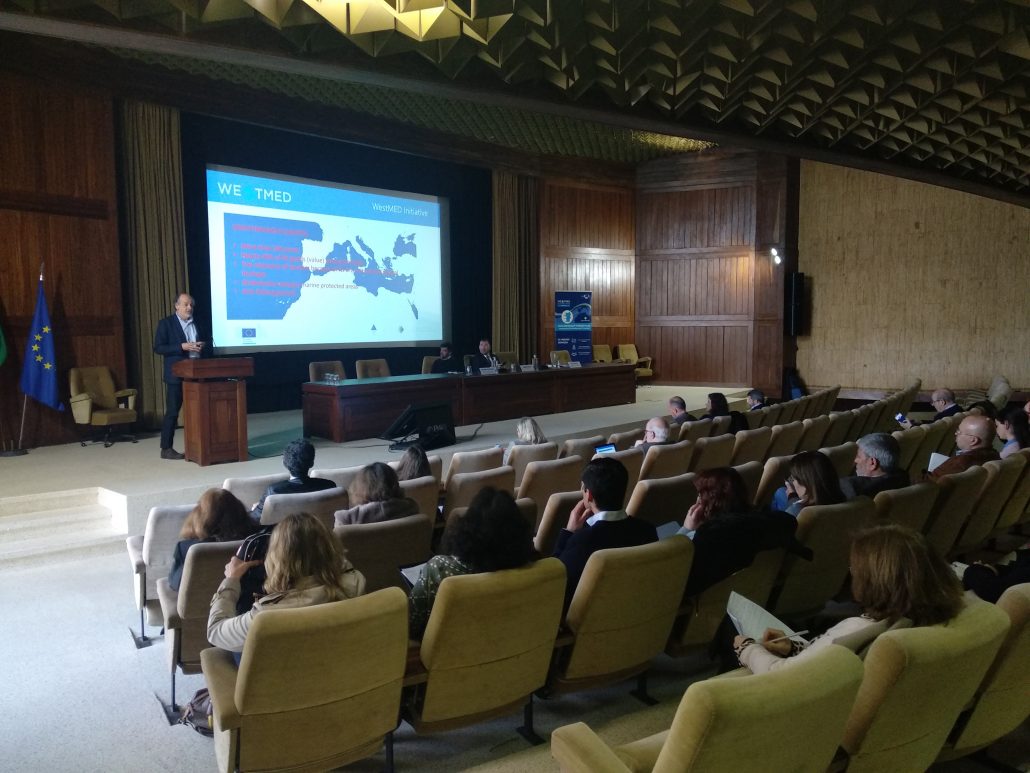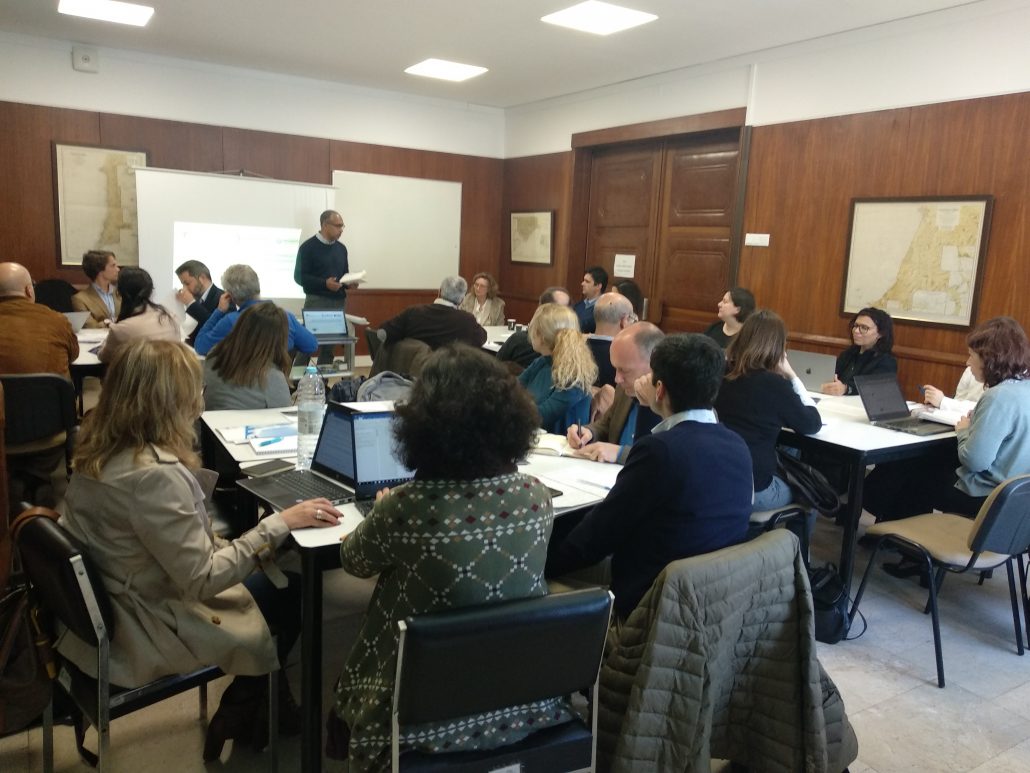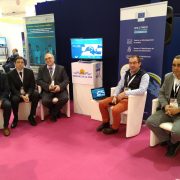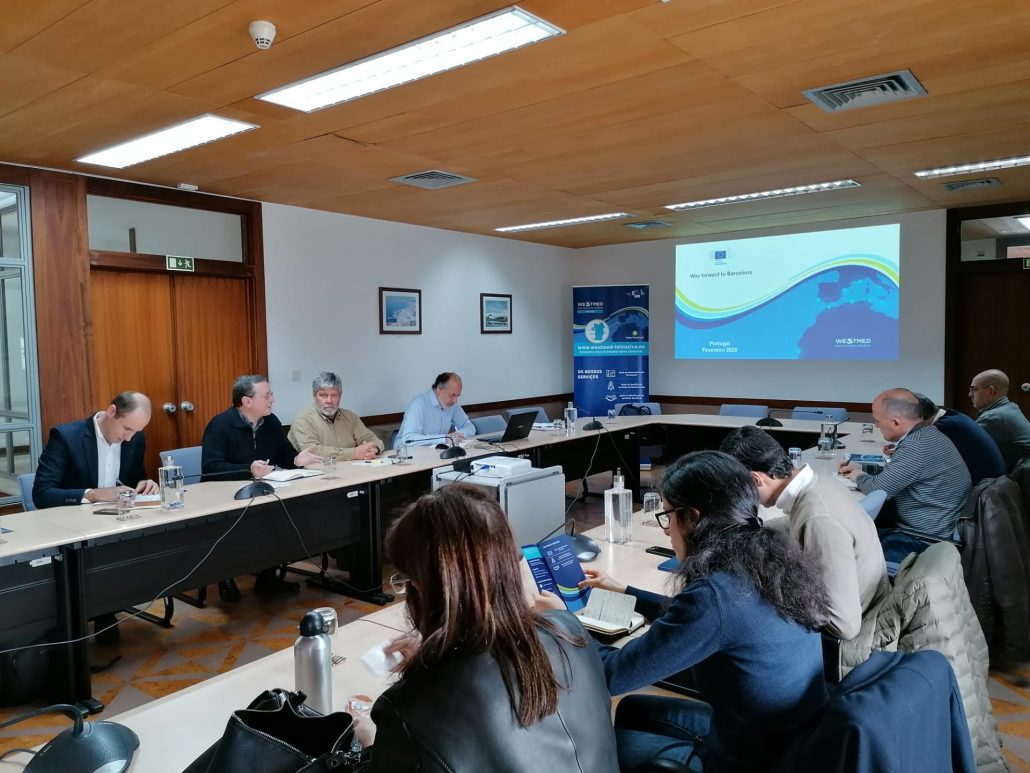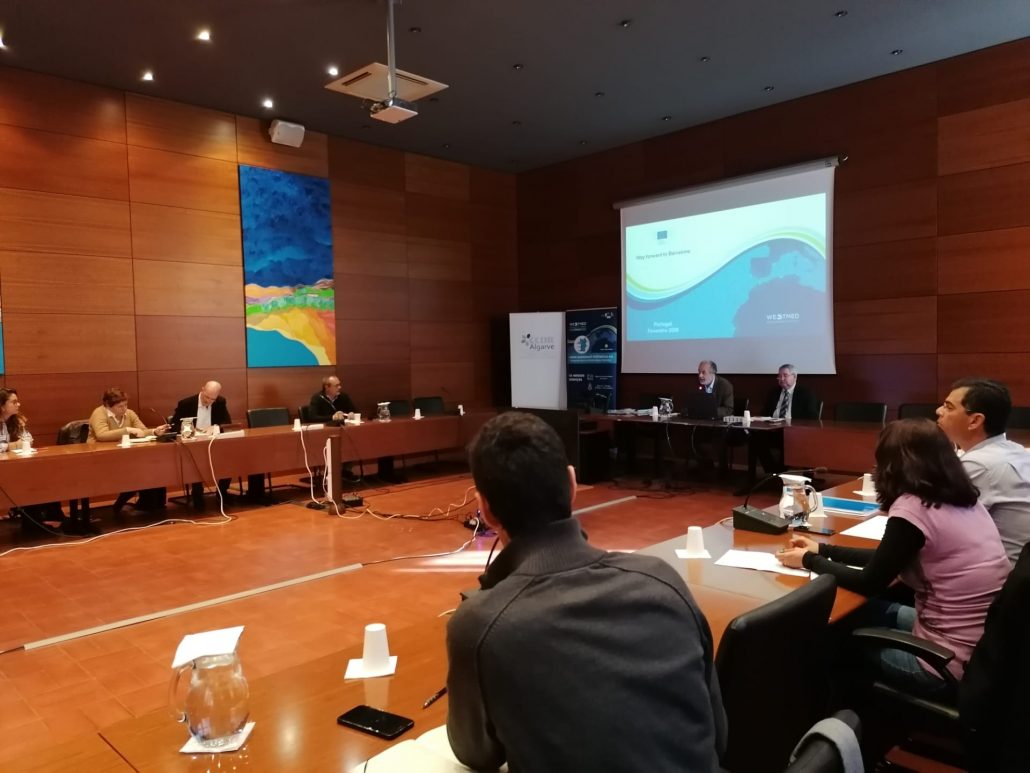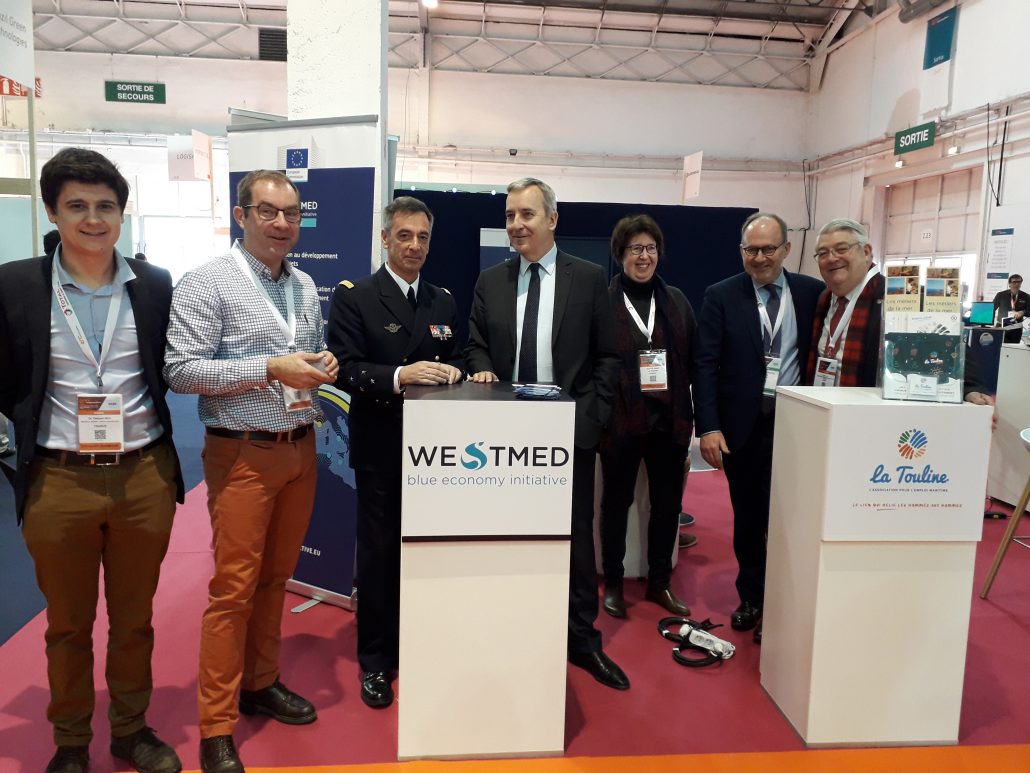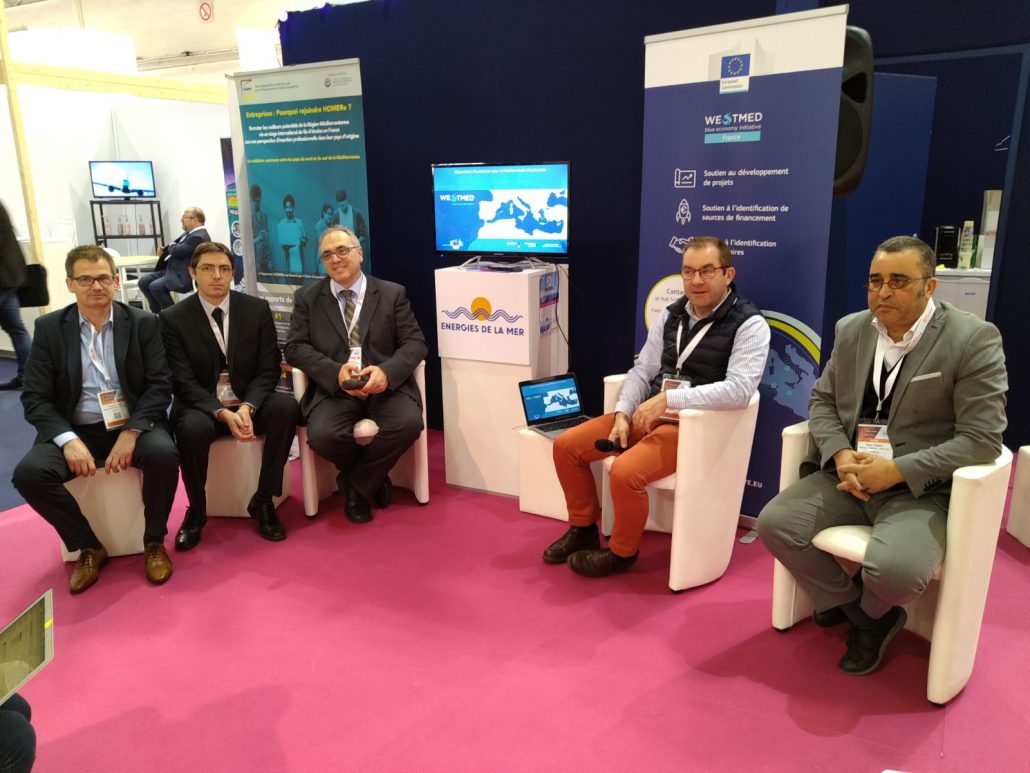National Hub gathers Italian stakeholders in a LNG working group
Within the support activities in the field of Sustainable Transport and Alternative Fuels, the Italian National Hub has activated a local working group, composed of stakeholders in the field of LNG for maritime transport. The members of this group include business associations, policy makers, national development banks, research institutes, consulting companies and universities.
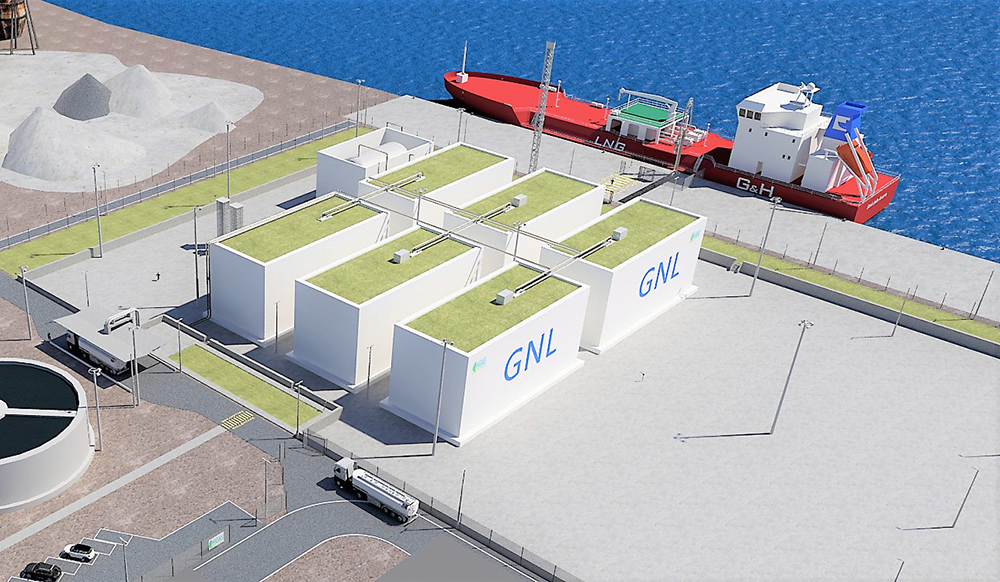
The Santa Giulia – Oristano GNL project
Among them is Assocostieri, the association of Italian companies involved in energy (maritime) logistics and biofuels. It is one of the most pro-active members, having organised a survey among associated firms and collected seven project info-sheets about LNG bunkering facilities, some with re-gasification plants, which are looking for funding, financing, cross-border partnerships, etc..
With this aim, Assocostieri and the National Hub organised an info day on funding programmes and calls, including the Connecting Europe Facility, the EIB, national development banks and private equity funds. This took place on 5 March, immediately before the official lockdown in the country. The meeting allowed for online participation, so as to allow for people in the COVID-19 “red-zone” to participate.
Assocostieri Director General Dario Soria and Eng. Capaccioli introduced the work done thus far in the field and the project info-sheets obtained, to twelve private participants (7 of which joined remotely), two representatives of the Ministry of Transport and Infrastructure and the coordinator of Conferenza GNL, Diego Gavagnin, the first Italian initiative on the LNG related supply chain.
Italian National Hub then described the assistance activities, their ability to work with other Mediterranean partners, and went through a detailed presentation of the CEF Blending Facility call, the CEF MAP Reflow call, CEF II, EIB financing products – including the Green Shipping Guarantee Programme -and outcomes of ongoing talks with national development banks and private equity funds.
Basing themselves on the project info-sheets, the National Hub also prepared an assessment of access to CEF calls.

The Connecting Europe Facility (CEF) for Transport is the funding instrument to realise European transport infrastructure policy
Considering the preliminary availability of the Italian Ministry of Transport and Infrastructure to lead an LNG cross-border project, the next step is to match this availability with the most suitable project and to confirm the interest (already verbally expressed by many stakeholders) of other countries’ operators.
Similar initiatives will be undertaken with business associations of shipowners once lockdown measures due to the COVID-19 emergency are phased out, and it is expected that a gradual re-start of activity will allow companies to broaden their focus to include such topics, as concerns regarding their daily survival will diminish.
A next online meeting of the WestMED Technical Group for Sustainable Transport/Green Shipping will take place later in April.

